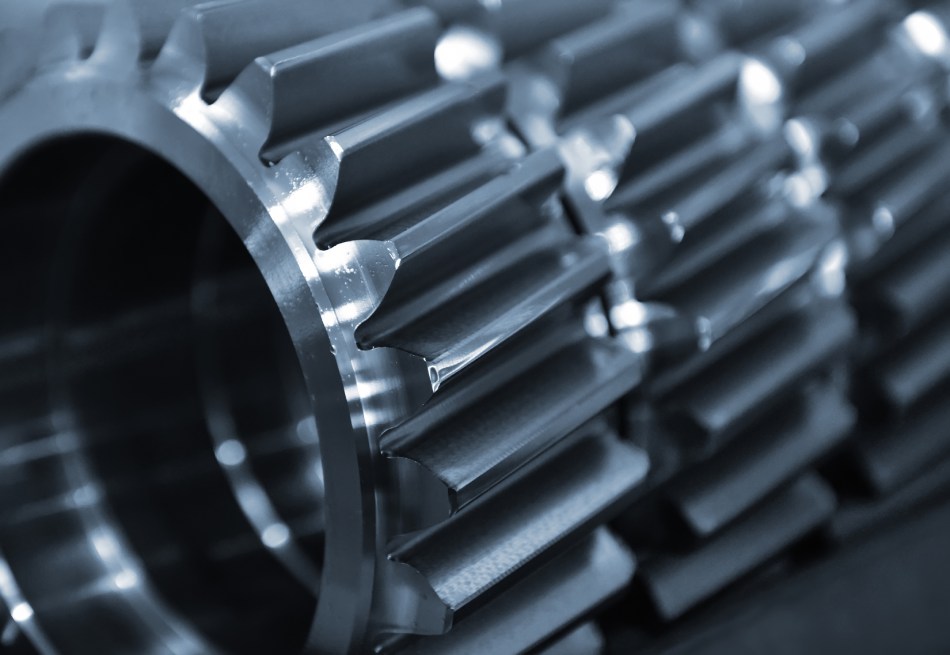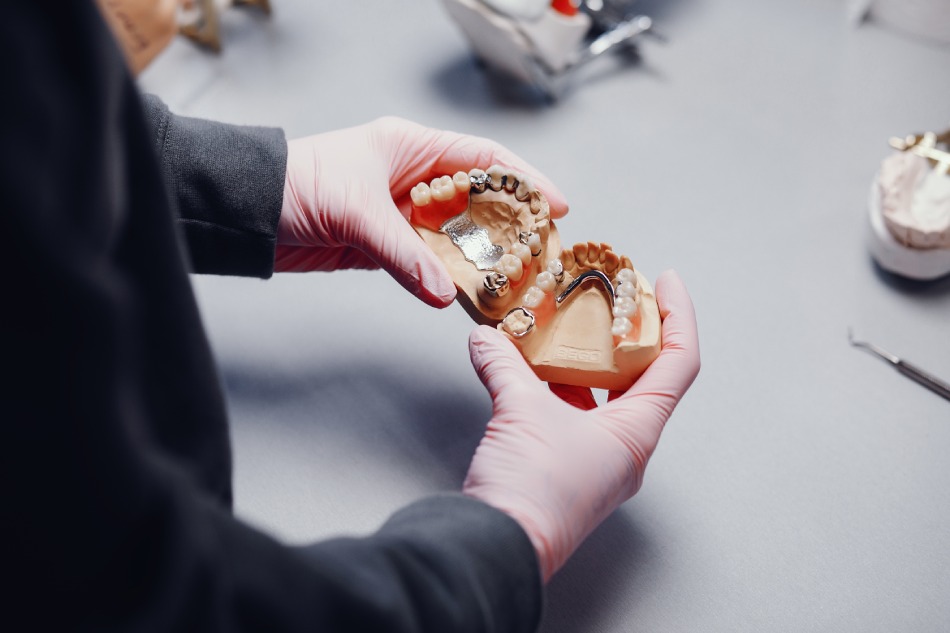Titanium is a lightweight metal with significant mechanical strength, good high-temperature resistance, and exceptional corrosion resistance. Thanks to its properties, the additive fabrication of titanium can be perfect for producing precision parts with complex geometries. The material offers numerous advantages in industrial fabrications.
They include:
Biocompatibility
Titanium may be utilized in the human body without triggering an undesirable reaction since it is biocompatible. It can be the perfect material for manufacturing prosthetics and medical implants that do not degrade or cause adverse reactions in the body.
Complex design capabilities
This material is very ductile and malleable. Industrialists can utilize it to make machine parts with complex design requirements that are not practical to produce using conventional techniques like CNC machining and milling. Experts can use topology optimization to achieve intricate design aspects, such as internal channels and lattice infills that enhance a product’s functional qualities.
Corrosion resistance
This metal is remarkably resistant to many chemicals, including acids, alkalis, salt water, and other environmental factors. Hence, it can be perfect for creating components that are highly resistant to corrosion. 3D-printed titanium parts also offer long lifespans, reducing the frequency of maintenance operations.
Excellent strength-to-weight ratio
Compared to metals like aluminium and stainless steel, titanium offers a high strength-to-weight ratio when fabricating metal components. It also has a low density of 4.5g/cm³. The material is as durable as steel and can produce parts that benefit from lightweight attributes like aircraft, bicycles, and tennis rackets.
High melting point
Titanium has a high melting point of about 1,668 °C. It can be suitable for fabricating components like missiles and rockets, which require high-temperature processing to withstand extreme conditions. This characteristic is attractive to experts in the aerospace industry.
Sustainable
Given its excellent durability and recyclable nature, titanium is highly sustainable. It might be the best choice for companies looking to lessen the negative consequences of industrialization on the environment.
Titanium offers numerous benefits, and many enterprises can use it to manufacture components with exceptional mechanical properties and relatively high strength.


 Connect with Google
Connect with Google Connect with Facebook
Connect with Facebook
